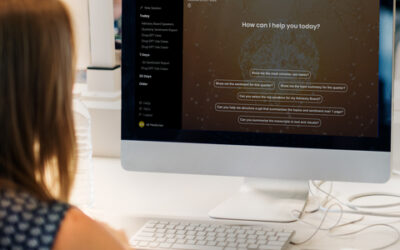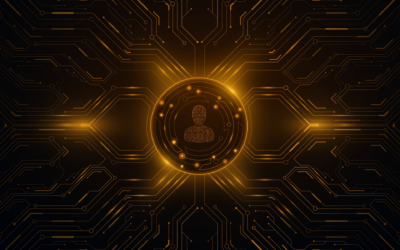Let’s Talk Medicines
Great ideas often come from a great conversation, the Talking Medicines blog site is a place where you can find the latest thinking and trends in pharma marketing and data
Unlock Millions of Curated Healthcare Conversations with Drug-GPT & Socialgist
In a digital era where countless conversations unfold online every minute, deciphering the intricate network of dialogues within the healthcare...
Talking Medicines Release Strong Q1 Results
Talking Medicines Reports Record Revenue Bookings and Strategic Partnerships in Quarter 1, 2024 [Glasgow, April 2024] – Talking Medicines, a...
The Fusion of AI and Strategy in Healthcare Marketing: A Look Through Drug-GPT
The evolution of healthcare marketing is being rewritten by the innovative use of Artificial Intelligence (AI), particularly with solutions like...
Classifying Patient and Professional Voice in Social Media Health Posts: Understanding the Power of Words
We continue to contribute toward the scientific validation of analysing social media to listen to the Voice of the Patient. We are advancing knowledge in this field through AI. Read a summary of the research article below put together by Talking Medicines.
Data-Driven Healthcare: Exploring the Impact of Big Data in Medicine
Data-Driven Healthcare: Exploring the Impact of Big Data in Medicine Patient-Centric Insights: Big Data and Medicines Welcome to our blog...
Boosting Your Healthcare Ad Agency’s Success with Drug-GPT™
Boosting Your Healthcare Ad Agency's Success with Drug-GPT™ Over the past year, various Generative Pre-Trained Transformers (GPTs) have...






